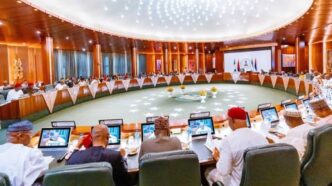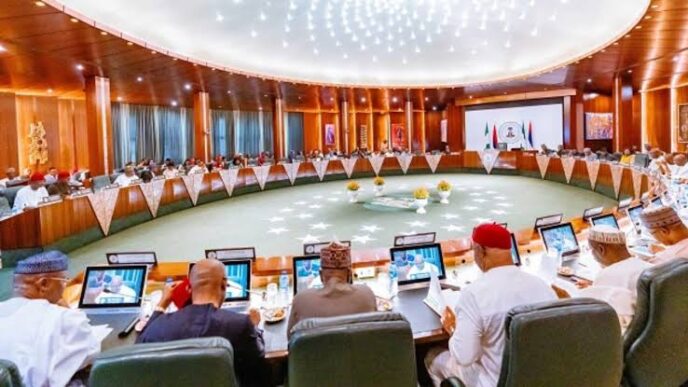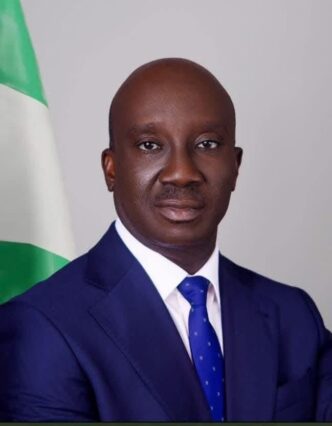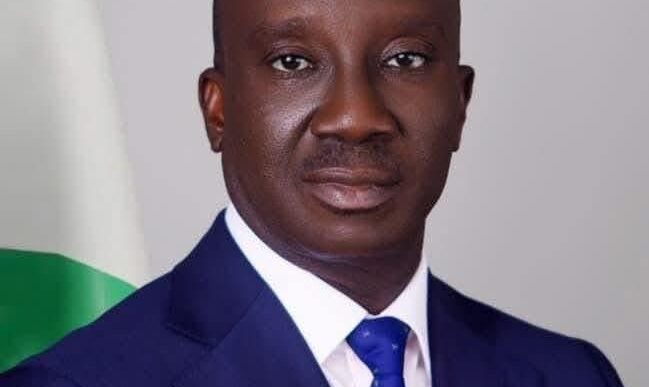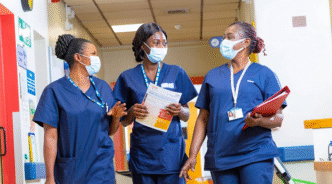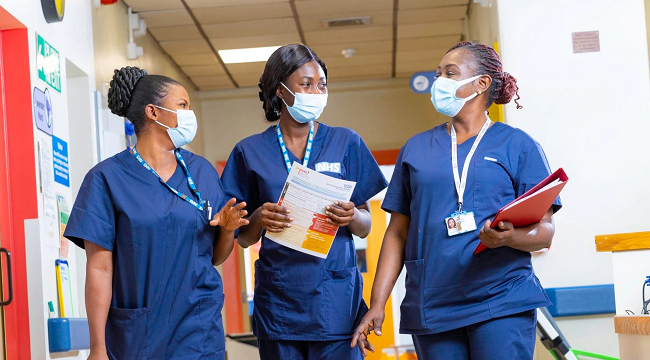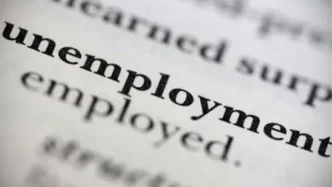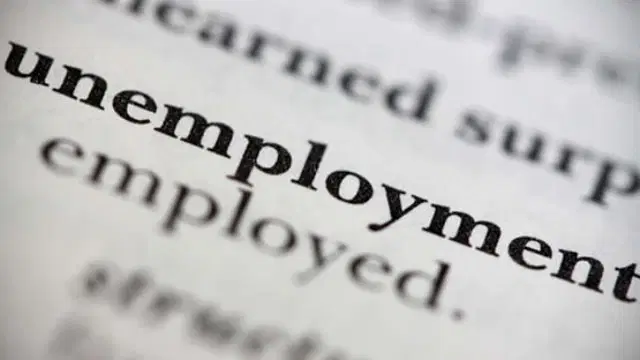Federal Executive Council (FEC) has approved two strategic electrification projects aimed at expanding access to clean, renewable energy across Nigeria’s educational and rural agricultural sectors.
Gatekeepers News reports that the projects, worth a total of N213.7 billion, are part of the Tinubu administration’s Renewed Hope Agenda.
Minister of Power, Chief Adebayo Adelabu, disclosed this after the FEC meeting on Thursday. The first project involves the Engineering, Procurement, and Construction (EPC) of solar hybrid power systems under the Energizing Education Programme (EEP), to be executed by the Rural Electrification Agency (REA).
The project targets eight federal universities and one teaching hospital, with a total cost of N145 billion, inclusive of 7.5% Value Added Tax (VAT). Implementation is expected to be completed within seven to nine months.
“This is a major milestone in the transformation of our tertiary education infrastructure,” Adelabu said. “It will significantly lower energy costs, reduce reliance on diesel generators, and provide a clean, stable source of power to support learning, research, and healthcare delivery.”
The beneficiary institutions include the University of Lagos, Ahmadu Bello University, Obafemi Awolowo University, University of Nigeria, Nsukka, University of Ibadan, University College Hospital, Ibadan, and Federal University, Wukari.
The second project involves the rollout of solar-powered infrastructure in Agricultural Centres of Excellence, with a total contract value of N68.7 billion, inclusive of VAT. This project is expected to be delivered within three months and aims to power homes, agro-processing units, cold storage systems, and small rural enterprises.
“The goal here is not just lighting homes, but energizing agriculture, creating jobs, and enabling value addition right in the communities,” Adelabu said.
Both projects reflect the Tinubu administration’s commitment to making access to reliable electricity a key driver of inclusive development.
The minister added that the projects will serve as models for scaling renewable energy adoption across other sectors.



